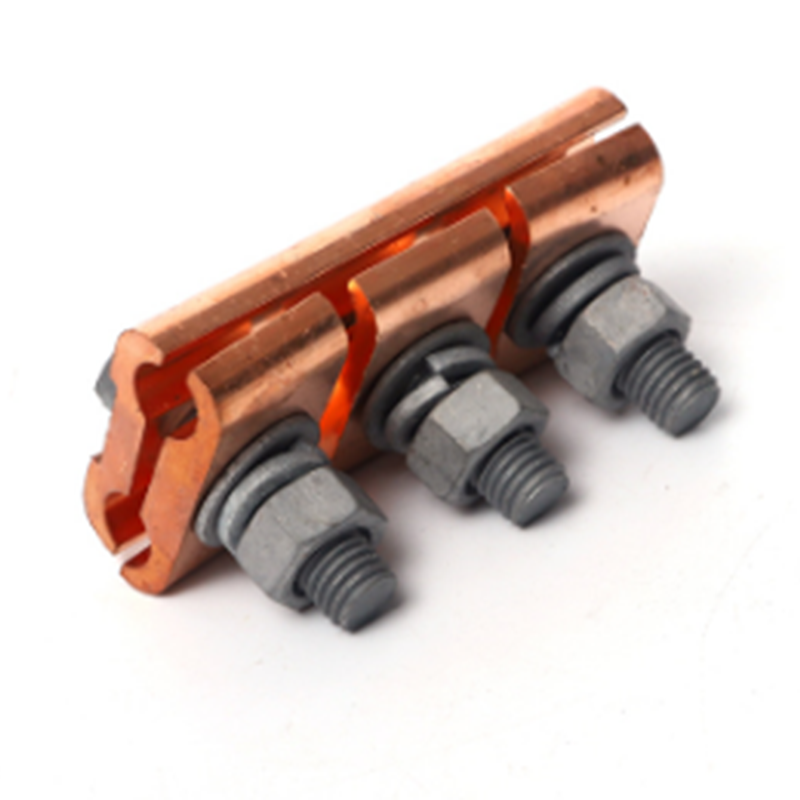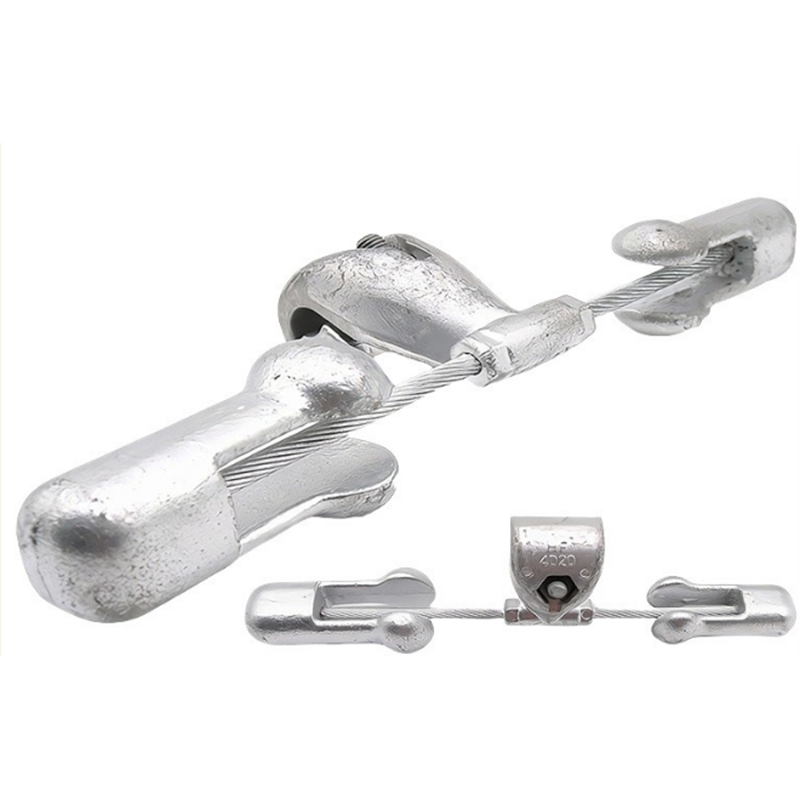- English
- Chinese
- French
- German
- Portuguese
- Spanish
- Russian
- Japanese
- Korean
- Arabic
- Irish
- Greek
- Turkish
- Italian
- Danish
- Romanian
- Indonesian
- Czech
- Afrikaans
- Swedish
- Polish
- Basque
- Catalan
- Esperanto
- Hindi
- Lao
- Albanian
- Amharic
- Armenian
- Azerbaijani
- Belarusian
- Bengali
- Bosnian
- Bulgarian
- Cebuano
- Chichewa
- Corsican
- Croatian
- Dutch
- Estonian
- Filipino
- Finnish
- Frisian
- Galician
- Georgian
- Gujarati
- Haitian
- Hausa
- Hawaiian
- Hebrew
- Hmong
- Hungarian
- Icelandic
- Igbo
- Javanese
- Kannada
- Kazakh
- Khmer
- Kurdish
- Kyrgyz
- Latin
- Latvian
- Lithuanian
- Luxembou..
- Macedonian
- Malagasy
- Malay
- Malayalam
- Maltese
- Maori
- Marathi
- Mongolian
- Burmese
- Nepali
- Norwegian
- Pashto
- Persian
- Punjabi
- Serbian
- Sesotho
- Sinhala
- Slovak
- Slovenian
- Somali
- Samoan
- Scots Gaelic
- Shona
- Sindhi
- Sundanese
- Swahili
- Tajik
- Tamil
- Telugu
- Thai
- Ukrainian
- Urdu
- Vietnamese
- Welsh
- Xhosa
- Yiddish
- Yoruba
- Zulu
- Kinyarwanda
- Tatar
- Oriya
- Turkmen
- Uyghur

How do bolts vs. screws impact sustainability?
2025-09-15
When it comes to the world of fasteners, the debate between bolts and screws often slips under the radar, overshadowed by more glamorous sustainability topics. What’s often missed, though, is how these small components can significantly influence sustainability practices in manufacturing and construction. Bolts and screws both have their places, and each choice carries implications for material use, long-term durability, and environmental footprint.

The Material Difference
First and foremost, bolts and screws differ in design and application, which directly impacts their sustainability. Bolts, often heavier and sturdier, are used in applications requiring greater strength and stability. Generally, this might mean more material usage initially, potentially increasing the environmental cost. On the flip side, screws tend to be more versatile and lightweight, suited for a variety of tasks and often requiring less material per unit.
From my experience at Handan Shengfeng Hardware Fastener Factory, where we focus on fasteners like expansion bolts, we’ve seen how these choices play out in manufacturing. In high-mass projects, where durability over time is crucial, bolts may indeed be the more sustainable option due to their longevity and robustness, leading to less frequent replacements.
Now, materials matter. Stainless steel, typically used for screws, is less problematic in terms of corrosion, meaning while the initial environmental impact of production might be substantial, they resist wear and tear better. In contrast, some bolts, depending on the alloy, might need protective coatings, potentially introducing more chemicals into the environment. Selecting the right materials plays a potent role in sustainability.

Application and Longevity
Both fastener types serve different sustainability narratives in relation to their applications. Bolts are designed for heavy-duty use; think bridges, large machinery, or structural frameworks. When the margin for error is non-existent, their sustainability argument hinges on preventing catastrophic failures, which are, without doubt, the least sustainable outcomes.
At Shengfeng, located strategically near National Highway 107, we’ve catered to diverse industries needing high-standard, durable fasteners. The long lifespan of a well-chosen and applied bolt makes a compelling case when you consider the alternative: frequent replacements leading to additional manufacturing emissions and resource use.
Screws, offering flexibility and ease of use, often shine in non-industrial contexts – furniture, daily appliances, etc. Here, sustainability might manifest in terms of ease of repair and reusability. A damaged screw is typically easy to replace or even repurpose, minimizing waste. Screws contribute to a circular economy by simplifying assembly and disassembly processes.
Production and Waste Considerations
From a production standpoint, both fasteners present unique sustainability challenges. The manufacturing process requires energy, water, and raw materials – primarily metals like steel and aluminum. Efficient manufacturing practices can mitigate the environmental impact significantly.
Being based in Hebei Pu Tiexi Industrial Zone, Handan City, our factory constantly navigates the balance between efficient production and environmental considerations. Streamlining production, reducing waste, and recycling materials are practices we employ to reinforce sustainability efforts at Shengfeng. It’s not just what we produce, but how we do it.
Waste is another domain where screws frequently have an edge. Given their size and use, they’re more inclined to be recycled or reused, thanks to their straightforward design and material composition. Bolts are heavier, often composite, and can be trickier to recycle, depending on coating and material.
Consumer Education and Responsibility
Ultimately, the choice between bolts and screws affects sustainability in terms of consumer decisions. Industry insiders at Shengfeng can attest to the fact that when customers are educated about the lifecycle impacts of their fastener choices, they make more informed, responsible decisions.
Education isn’t just a sidebar to this conversation; it’s central. By understanding how a bolt’s strength or a screw’s versatility matches specific needs, consumers can align their purchases with sustainable principles. This reinforces sustainability at both ends – production and usage.
The takeaway is clear: the smallest choices, like using bolts or screws, echo in the broader saga of sustainability. Here, at Handan Shengfeng Hardware Fastener Factory, we do more than manufacture; we contribute to an evolving narrative where every choice counts. Visit us at Shengfeng Hardware Fastener Factory for more information on sustainable fastener options.









